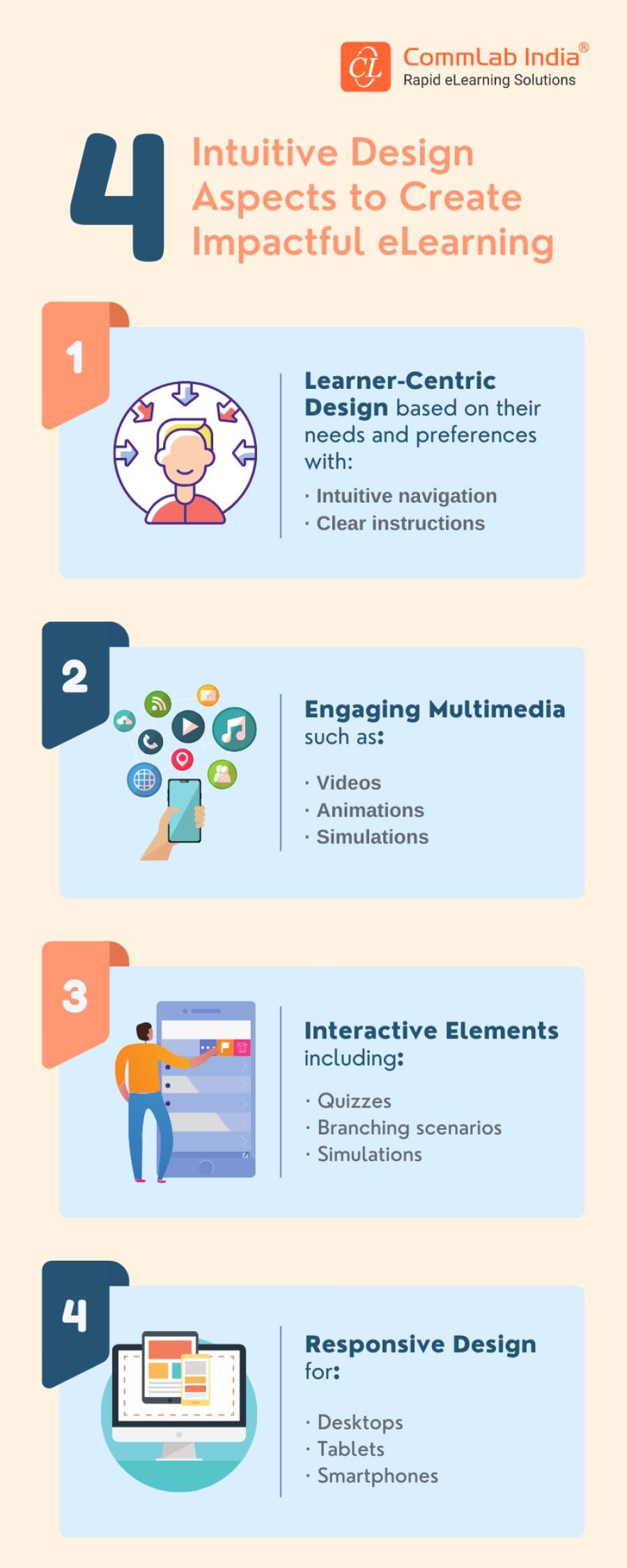10 Essential Ways an Instructional Design Consultant Can Transform Your eLearning Strategy
The rise of education technology has revolutionized the way universities, colleges, and schools approach teaching and learning. For institutions aiming to deliver high-quality digital learning experiences, the role of an Instructional Design Consultant is more crucial than ever. These professionals offer the guidance, expertise, and innovation needed to create effective eLearning solutions tailored to contemporary educational needs. In this article, we’ll explore 10 essential ways an instructional design consultant can transform your eLearning strategy, along wiht valuable insights for job seekers looking to make a difference in the EdTech landscape.
Understanding the Role of an Instructional Design Consultant
An Instructional Design Consultant specializes in developing instructional materials and strategies that make online learning engaging and effective. By combining education theory, digital technology, and best practices in instructional design, these consultants serve a vital function in shaping successful eLearning programs across universities, colleges, and schools.
10 Ways Instructional Design Consultants Transform eLearning strategies
-
1. Aligning Learning Outcomes with Institutional Goals
effective eLearning starts with clear and measurable learning outcomes that align with your institution’s vision. Instructional design consultants conduct thorough needs analyses and collaborate with stakeholders to ensure your digital courses reflect your school’s academic standards and objectives.
-
2. Enhancing Course Structure and Flow
A clear, logical, and adaptable course structure improves learner engagement and comprehension. Consultants utilize proven pedagogical frameworks such as Backward Design or ADDIE Model to organize course content, sequence modules, and facilitate intuitive navigation for students of all levels.
-
3. Integrating Technology to Encourage Active learning
Modern eLearning isn’t about static slides or simple quizzes. Instructional design experts know how to weave in multimedia elements—videos, simulations, gamification, and interactive discussions—to create a vibrant, technology-enhanced learning environment that keeps students motivated and involved.
-
4. Designing for Accessibility and Inclusivity
Digital learning must be accessible to all.Instructional design consultants ensure that courses comply with accessibility standards (such as WCAG) by choosing appropriate color contrasts, providing option text for images, and including closed captions or transcripts, making learning equitable for everyone.
-
5. Personalizing the Learning Experience
Adaptive learning paths, differentiated instruction, and personalized feedback can make a world of difference in student success. Experienced consultants use data-driven strategies to tailor course content according to individual learning styles, strengths, and goals.
-
6. Leveraging Data for Continuous Improvement
Instructional design consultants help universities, colleges, and schools establish learning analytics processes to monitor course engagement and performance. By analyzing key metrics, thay provide actionable recommendations to help educators refine content, enhance retention, and boost learner outcomes.
-
7.Empowering Educators with Training and Support
faculty and staff adoption is paramount for the success of any eLearning initiative. Consultants conduct hands-on workshops, develop easy-to-use resources, and offer ongoing technical and pedagogical support, enabling educators to confidently deliver engaging digital lessons.
-
8. streamlining Content Authoring and Management
From conceptualization to deployment, instructional design experts streamline the content creation process using Learning Management Systems (LMS), authoring tools, and content libraries. they also establish version control, copyright compliance, and best practices for ongoing course management.
-
9. Supporting Assessment and Feedback Strategies
Well-designed assessments are more than just grading tools—they drive learning. Instructional design consultants develop diverse assessment types (formative, summative, peer-reviewed, authentic) and integrate timely, constructive feedback mechanisms, allowing students to track their progress and improve continuously.
-
10. Fostering a Culture of Innovation in Education Technology
instructional design consultants inspire faculty and administration to take full advantage of new technology trends, such as mobile learning, virtual reality, or AI-powered tutoring. They spark creativity across campus and strengthen your institution’s competitive edge in digital education.
benefits of Hiring an Instructional Design Consultant
- Increased Learner engagement: Compelling and interactive courses foster higher student retention and satisfaction.
- Improved Learning Outcomes: Clear objectives and data-driven improvements contribute to better academic performance.
- Cost-Efficiency: Streamlined content advancement processes save time and resources in the long run.
- Scalability: Expert guidance enables your institution to roll out consistent, high-quality digital learning at scale.
- Future-Proofing Your Programs: Staying ahead of the curve ensures your courses remain relevant amidst evolving EdTech trends.
Practical tips for Job Seekers in Instructional Design Consulting
Aspiring to become an Instructional Design Consultant in the dynamic education technology sector? Here are some tips to help you get started and stand out:
- Build a Diverse Portfolio: Showcase a range of eLearning projects, emphasizing your ability to design for different subjects, technologies, and learning environments.
- Stay Informed: Regularly update your knowledge on digital learning trends, tools, and best practices through professional development courses and EdTech communities.
- Earn Relevant Certifications: Consider certifications such as Certified Professional in Learning and Performance (CPLP), ATD, or IDOL to demonstrate your expertise.
- Broaden your Network: Attend educational conferences, webinars, and networking events to connect with hiring managers at universities, colleges, and schools.
- Highlight Soft Skills: Dialog, collaboration, and adaptability are as crucial as technical prowess in this field.
- Demonstrate Results: Use data and success stories in your resume to show how your design work positively impacted course engagement or learner outcomes.
Why Universities, Colleges, and Schools Need Instructional Design consultants
Educational institutions today face mounting pressure to deliver robust, accessible, and engaging online learning experiences. By integrating expert instructional design consultants into their teams, universities, colleges, and schools not only enhance the quality and effectiveness of their digital offerings but also ensure lasting growth in an ever-changing academic landscape.
Conclusion
Whether you’re an institution striving to modernize your eLearning programs or a job seeker aiming for a rewarding career in education technology, harnessing the skills of an Instructional Design Consultant can be a game-changer. From aligning learning outcomes to fostering a culture of innovation, their impact extends across all facets of online education. By recognizing these 10 essential ways instructional design consultants can transform your eLearning strategy, you’re taking a vital step towards creating engaging, effective, and future-ready digital learning solutions in today’s academic world.

